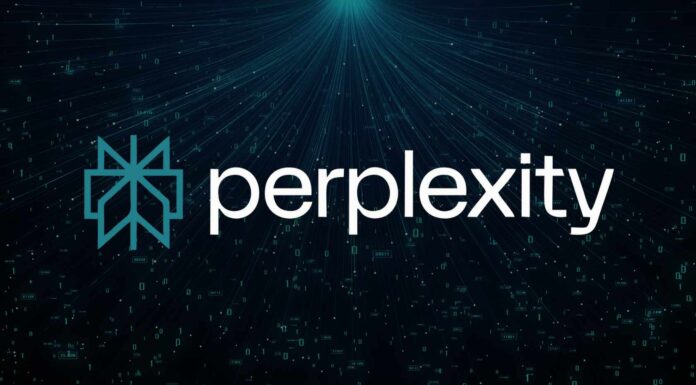- Perplexity AI made a surprise $34.5 billion bid to buy Google Chrome
- The offer is nearly double Perplexity’s own $18 billion valuation
- Google faces antitrust scrutiny, but Chrome is not currently for sale
- Analysts see the bid more as a publicity play than a real possibility
Perplexity AI, a fast-growing search startup, has shocked the tech industry with an eye-popping $34.5 billion offer to buy Google Chrome. The unsolicited proposal comes at a time when Google is facing mounting antitrust scrutiny, but industry experts say the deal is highly unlikely.
Despite the surprise bid, Chrome remains firmly in Google’s hands, for now. But the timing of the offer highlights growing speculation over whether regulators could one day force Google to part with its flagship browser.
A Bid Bigger Than the Bidder
The most striking detail of Perplexity’s offer is the size of the number itself. At $34.5 billion, the bid is nearly double Perplexity’s own valuation of around $18 billion. According to reports, several large venture capital firms were prepared to help finance the deal if Google had been open to negotiations.
But therein lies the catch: Chrome isn’t for sale. Google has given no indication it would part with the world’s most-used browser, which commands nearly 68 percent of global market share. By comparison, Apple’s Safari, the closest competitor, sits far behind.
That leaves analysts skeptical about Perplexity’s true intentions. Some see the bid less as a realistic takeover attempt and more as a bold way to make headlines at a moment when Google faces unprecedented legal pressure.
Antitrust Clouds Gather Over Google
The timing of Perplexity’s offer is no coincidence. In June 2024, U.S. District Judge Amit Mehta ruled that Google acted illegally by paying companies like Apple and Samsung to make its search engine the default option on devices. The decision confirmed what regulators had long argued: that Google abused its dominance to stifle competition.
While Judge Mehta has not yet laid out remedies, observers say forcing Google to divest Chrome remains one of the most dramatic options on the table. If that ruling were to come down, it could trigger a bidding war among major tech players, with companies like Microsoft, Amazon, or even Apple potentially entering the fray.
For now, though, Chrome remains one of Google’s most important tools for funneling users into its advertising-driven ecosystem. That reality makes the likelihood of a voluntary sale close to zero.
Perplexity’s Outsized Ambitions
Founded in 2022, Perplexity AI has built a reputation as a scrappy competitor in the search market. Its browser, Comet, relies heavily on artificial intelligence to answer queries in real time. Yet in terms of user adoption, it barely registers against Chrome’s global reach.
This is not the first time Perplexity has floated ambitious acquisition ideas. Earlier this year, the startup suggested it might try to acquire and rebuild TikTok, another proposal that drew attention but little substance.
For Perplexity, the bold bids serve another purpose: they position the company as a challenger willing to shake up the status quo in tech, even if the deals themselves are unlikely to materialize.
A Company That Divides Opinion
Perplexity has not been without controversy. Publications like WIRED and Forbes have accused the company of plagiarism, alleging that its AI-generated answers sometimes repurpose content without attribution. Perplexity’s leaders argue that their platform surfaces information more transparently than rivals, but the criticism has persisted.
Adding to the scrutiny, Perplexity recently struck a deal with Trump Media to power “Truth Search AI,” a new search tool within Truth Social. The announcement sparked heated debate, with early testers on Reddit openly mocking the service.
Despite those hurdles, Perplexity has managed to keep investor interest strong, thanks to its early push into AI-powered search and its willingness to challenge giants like Google.
What Happens Next
Whether Perplexity’s bid was serious or symbolic, it shines a spotlight on a looming question: will regulators ever force Google to sell Chrome? With Judge Mehta expected to announce remedies in the coming weeks, the possibility, however slim, cannot be dismissed entirely.
If Chrome were ever put on the market, Perplexity would likely face intense competition from far bigger players. Until then, its $34.5 billion proposal stands as more of a statement than a negotiation.
In the meantime, Chrome continues to dominate desktops and mobile devices worldwide, reinforcing Google’s position at the center of the internet. Perplexity may have captured headlines, but Google still holds the keys to the world’s most popular browser.
Follow TechBSB For More Updates

